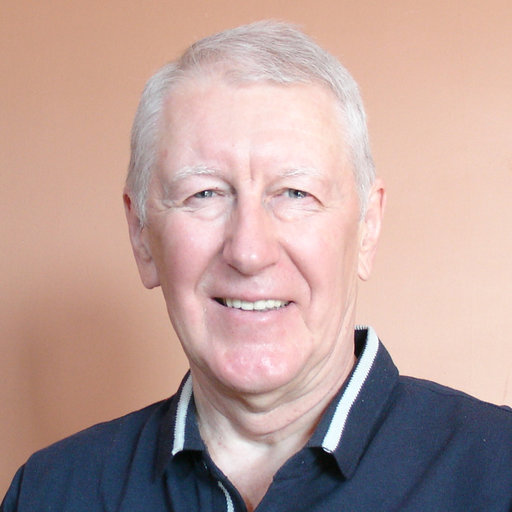Optimal, Suboptimal, and Robust State Estimation

Professor Yuriy S. Shmaliy
PhD, DSc, IEEE Fellow, AAIA Fellow, AIIA Fellow
Department of Electronics Engineering
Universidad de Guanajuato,
DICIS, Salamanca, 36885, Mexico
E-mail: [email protected]
Abstract: Optimality and robustness often go along with the requirements of accuracy and precision in state estimation and control, especially under harsh operation conditions. If the process and observation are both represented in state space with linear equations and noise is Gaussian (white or Gauss-Markov), then the Kalman filter gives best and thus optimal estimates. Needless to say that, otherwise, its performance degrades due to mismodeling, uncertainties, disturbances, bad initial values, and errors in noise statistics. Better robustness is inherent to finite impulse response (FIR) and limited memory filters. Robust filters can also be obtained by solving the minimax problem for norm-bounded errors. In this talk we review the most efficient FIR state estimators such as the optimal, optimal unbiased, unbiased (UFIR), LMF, maximum likelihood, as well as estimators having the robust performances: H2, H∞, generalized H2 or l2-l∞, and L1. We show that the UFIR filter, which completely ignores zero mean noise and initial values, is a better choice under different kinds of disturbances and uncertainties. This filter requires only one tuning factor -- the averaging horizon of Nopt points, and it is easier to determine Nopt than the error statistics. A comparison of different estimators is supported with several practical examples taken from tracking, robotics, navigation, signal processing, control, and medical applications.
Brief Biography of the Speaker:
Dr. Yuriy S. Shmaliy, IEEE Fellow, AAIA Fellow, AIIA Fellow, has been a full professor in Electrical Engineering, since 1999 and headed the Electronics Engineering Department, from 2013 to 2016, of the Universidad de Guanajuato, Mexico. He received the B.S., M.S., and Ph.D. degrees in 1974, 1976 and 1982, respectively, from the Kharkiv Aviation Institute, Ukraine, and Dr.Sc. degree, in 1991. In March 1985, he joined the Kharkiv Military University. He serves as full professor beginning in 1986. In 1993, he founded and, by 2001, had been a director of the Scientific Center “Sichron” (Kharkiv, Ukraine) working in the field of precise time and frequency. His books Continuous-Time Signals (2006) and Continuous-Time Systems (2007) were published by Springer. His book GPS-based Optimal FIR Filtering of Clock Models (2009) was published by Nova Science Publ., New York. He also edited a book Probability: Interpretation, Theory and Applications (Nova Science Publ., New York, 2012). His book (2022) Optimal and Robust State Estimation: Finite Impulse response (FIR) and Kalman Approaches was published by Wiley & Sons. His widely used discrete orthogonal polynomials are called discrete Shmaliy moments. He pioneered and developed the theory of optimal and robust FIR state estimation and founded the widely used robust UFIR filter.
Dr. Shmaliy has authored more than 530 Journal and Conference papers and holds 81 patents. He was rewarded a title, Honorary Radio Engineer of the USSR, in 1991; was listed in Outstanding People of the 20th Century, Cambridge, England in 1999; and was granted with the Royal Academy of Engineering Newton Collaboration Program Award in 2015. He has received the IEEE Latin America Eminent Engineer Award, in 2021, and several best conference paper awards. He was with the Ukrainian State Award Committee on Science and Technology, in 1998-1999, and has been IEEE Fellow Committee Member, in 2023-2024. He has been a visiting professor-researcher in City University London in 2015-2016 and in TELECOM SudParis in 2015, 2017-2019. He was invited many times to give tutorial, keynote, and plenary lectures. His current interests include statistical signal processing, optimal and robust state estimation, and stochastic system theory.